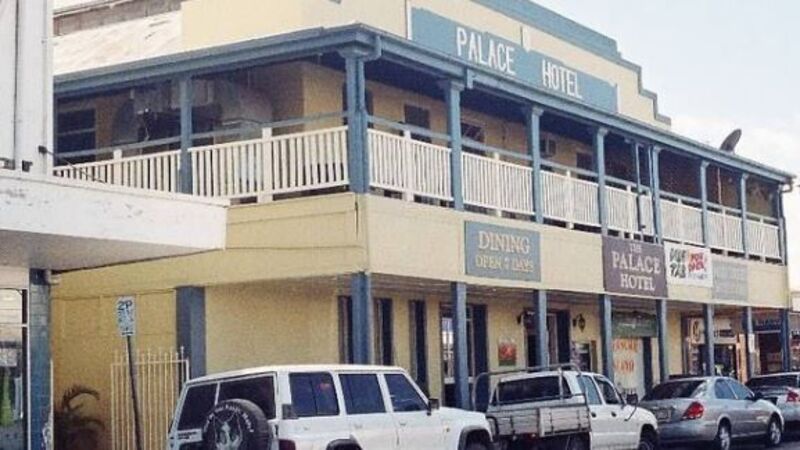Why no Irish need apply

AS a Dubliner living in Australia, Thomas Dunne did not expect he would ban Irish people from his hostel, but he has, six years after opening it in north Queensland.
This year was not the first time Mr Dunne had trouble with the Irish, but when two young men broke windows, a table and chairs, his decision was final.











